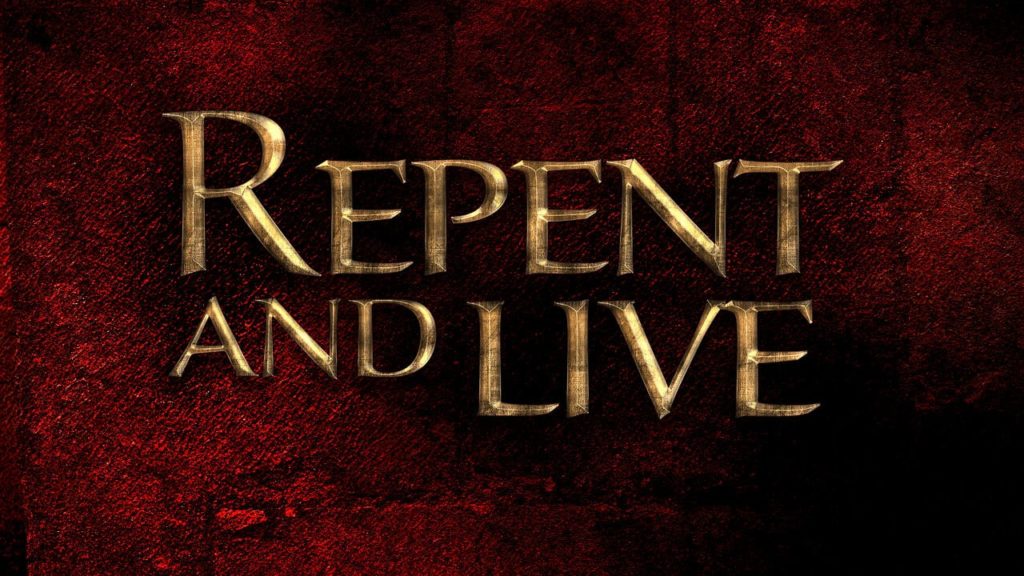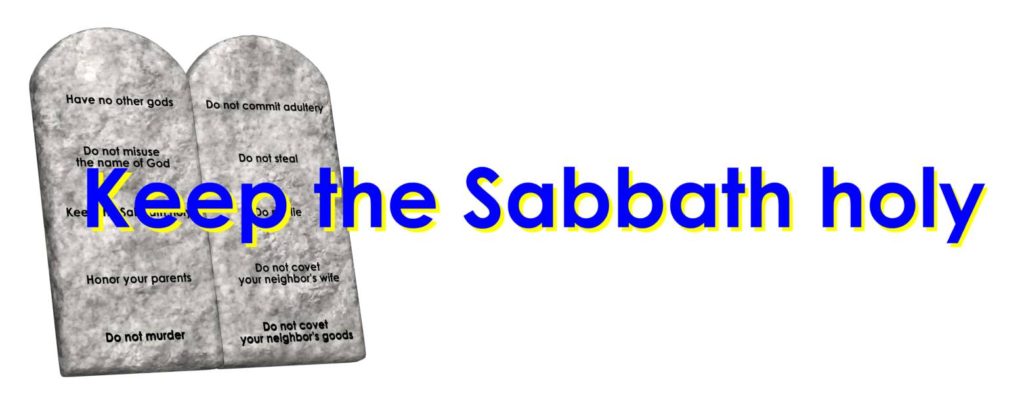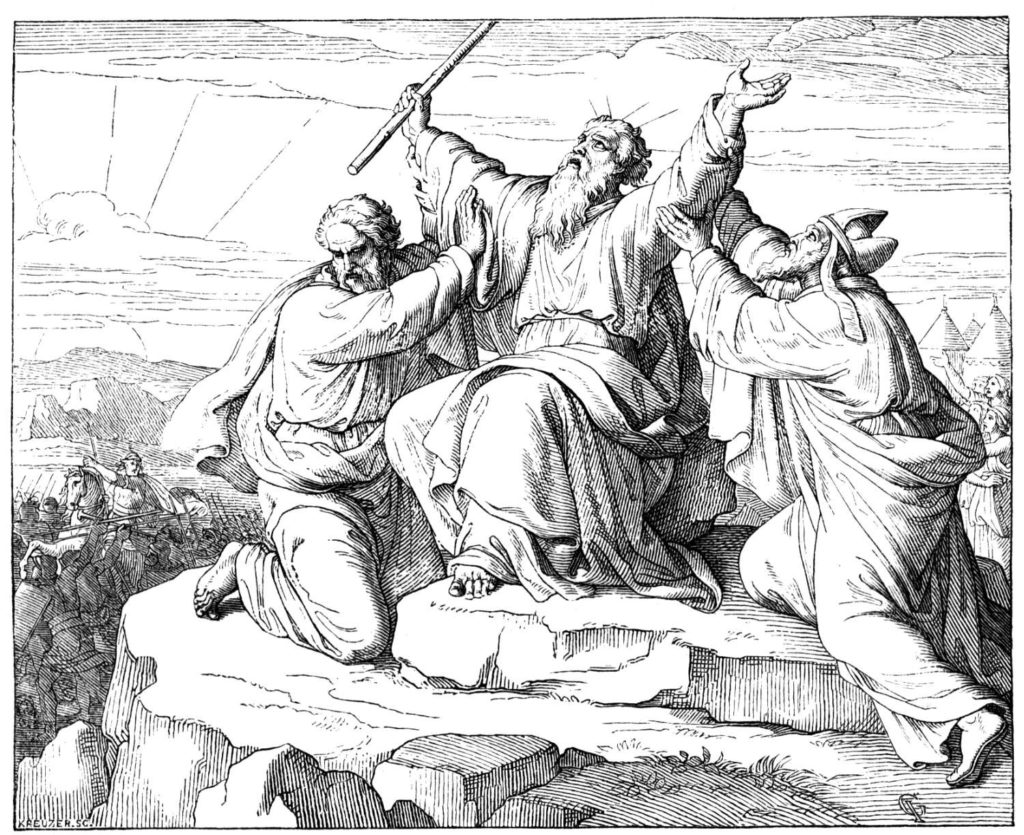
Hebrews 6:6, If they fall away, to renew.
Is the “once saved always saved” doctrine of the Protestant reformer John Calvin biblically accurate? Apparently not everyone in Christendom since that time thought so. Jacobus Arminius didn’t. Neither did John Wesley and Charles Finney. Some notable biblical personalities didn’t subscribe to this doctrine either including Yeshua the Messiah, Paul and the writer of the Epistle to the Hebrews.
The Bible clearly indicates in several places that one can lose one’s salvation.
For it is impossible for those who were once enlightened, and have tasted the heavenly gift, and have become partakers of the Holy Spirit, and have tasted the good word of God and the powers of the age to come, if they fall away [or apostatize], to renew them again to repentance, since they crucify again for themselves the Son of God, and put Him to an open shame. (Heb 6:4–6)
For if we sin willfully after we have received the knowledge of the truth, there no longer remains a sacrifice for sins… (Heb 10:26)
In the Parable of the Sower, Yeshua teaches that when the good seed of the Word of Elohim is sown onto the ground, three-fourths of the seed begins to germinate, but eventually dies. Only one-fourth of the seed actually falls onto good soil and produces fruit (Matt 13:1–9). He then goes on to explain that many people who receive the word of Elohim can and will eventually fall away due to a variety of factors (vv. 18–23).
Paul specifically mentions two people who became believers, but whose faith become shipwrecked and they lost their salvation.
This charge I commit to you, son Timothy, according to the prophecies previously made concerning you, that by them you may wage the good warfare, having faith and a good conscience, which some having rejected, concerning the faith have suffered shipwreck, of whom are Hymenaeus and Alexander, whom I delivered to Satan that they may learn not to blaspheme. (1 Tim 1:18–20)
The Book of Acts gives the account of Simon the Samaritan (who is well known in early Christian historical accounts as Simon the Sorcerer and who became an enemy of the gospel) who was saved and even received the Spirit of Elohim, but because of his evil heart, lost his salvation (Acts 8:14–23).
Paul even suggests that he could lose his own salvation.
But I discipline my body and bring it into subjection, lest, when I have preached to others, I myself should become disqualified [or become a castaway, KJV]. 1 Cor 9:27)
Paul warns the saints that they could lose their salvation, and even includes himself in this warning.
Examine yourselves as to whether you are in the faith. Test yourselves. Do you not know yourselves, that Jesus Christ is in you?—unless indeed you are disqualified. But I trust that you will know that we are not disqualified [Greek, unapproved, rejected, reprobate]. ( 2 Cor 13:5–6)
New believers are especially vulnerable to losing their salvation, since they are like young and tender plants that are not deeply rooted spiritually. Once one has walked in the faith for a long time, had their faith tested, passed the tests, and has repeatedly overcome the pulls of the world, the flesh and the devil, assuredly they are less likely to lose their salvation. In fact, in several places the Bible talks about being sealed by the Spirit of Elohim (John 6:27; 2 Cor 1:22; Eph 1:13; 4:30; 2 Tim 2:19). This seems to indicate that at some point, one either can’t or is less likely to lose one’s salvation because they have established a proven track record of faithfulness to Elohim, and they would die before turning from their faith.
However, Paul, the might apostle of Elohim, in humility, never assumed that about himself. He erred on the side of caution in assuming that he could lose his salvation. Maintaining such a mental disposition assured that he would always stay alert, keep up his defenses and his guard against anything that could imperil his salvation. The wise saint will follow Paul’s example.





